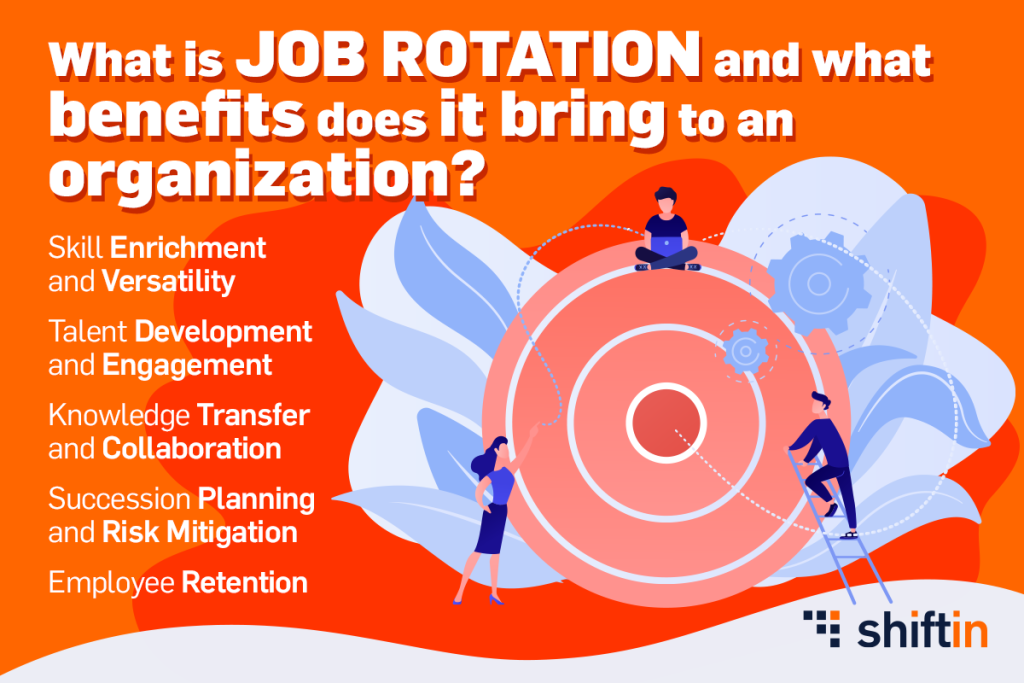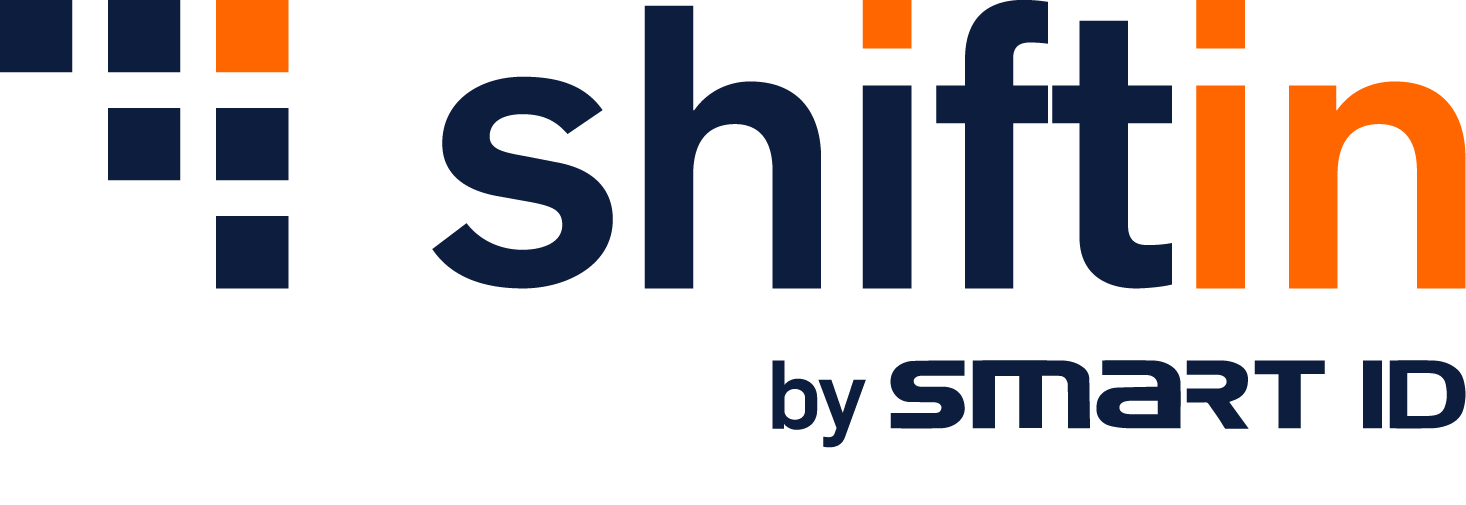In the realm of talent management, job rotation stands as a strategic practice that has garnered attention for its multifaceted advantages. Job rotation involves the systematic movement of employees across different roles, departments, or functions within an organization. This deliberate shift allows individuals to gain exposure to diverse tasks, responsibilities, and work environments.
Skill Enrichment and Versatility
At its core, job rotation serves as a catalyst for skill enrichment. By exposing employees to various roles, they acquire a broader skill set and gain a deeper understanding of different facets of the business. This diversity in experiences enhances their versatility, enabling them to adapt more readily to changing job demands and contributing effectively in multifaceted roles.
Talent Development and Engagement
Job rotation plays a pivotal role in talent development. It nurtures a pool of versatile and well-rounded professionals within the organization. Employees, when exposed to diverse roles, discover their strengths and interests, paving the way for tailored career development plans. This exposure and growth opportunity significantly boost employee engagement and satisfaction, reducing the risk of stagnation or disengagement.
Knowledge Transfer and Collaboration
Job rotation fosters knowledge sharing and collaboration among different teams or departments. When individuals move across roles, they bring fresh perspectives and insights, enriching cross-functional collaboration. This exchange of knowledge and best practices cultivates a culture of innovation, where ideas flow freely across organizational silos, leading to improved processes and problem-solving.
Succession Planning and Risk Mitigation
Strategic job rotation aids in succession planning by identifying and grooming future leaders within the organization. It mitigates the risk associated with key-person dependencies by ensuring that multiple individuals possess the necessary skills and knowledge to step into critical roles. This proactive approach to talent development safeguards against disruptions and ensures organizational continuity.

Employee Retention and Motivation
Job rotation is a powerful retention tool. Employees feel valued and invested in when offered opportunities for professional growth and exposure to new challenges. The variety and enrichment job rotation brings can reignite motivation, reducing turnover rates as employees see a clear path for career advancement within the organization.
Optimizing Job Rotation with Automated Shift Scheduling Software
Employing automated shift scheduling software, such as shiftin, can greatly streamline the implementation of job rotation strategies within an organization. These innovative tools facilitate the seamless management of rotating schedules, ensuring smooth transitions for employees moving between roles. Automated shift scheduling software factors in various parameters such as employee preferences, skill sets, and compliance requirements, enabling HR departments to efficiently orchestrate job rotations.
With shiftin’s intuitive interface and smart algorithms, organizations can minimize scheduling conflicts, maximize workforce productivity, and easily track employees’ movements across different roles. This integration of technology not only simplifies the logistical aspects of job rotation but also ensures a more organized and effective execution, enhancing the overall success of the rotation strategy.
Job rotation transcends beyond a mere talent management practice; it emerges as a strategic imperative for organizational development. Its ability to foster skill enrichment, talent development, knowledge transfer, succession planning, and employee engagement makes it an invaluable asset for modern businesses seeking sustainable growth.
As organizations continue to evolve in dynamic market landscapes, harnessing the potential of job rotation not only equips them with a versatile workforce, but also fuels a culture of continuous learning, adaptability, and innovation, propelling them to greater success and resilience. shiftin succeeds in giving organizations a competitive advantage in a rapidly changing marketplace by ensuring that the workforce is aligned with business goals and prepared for success.





